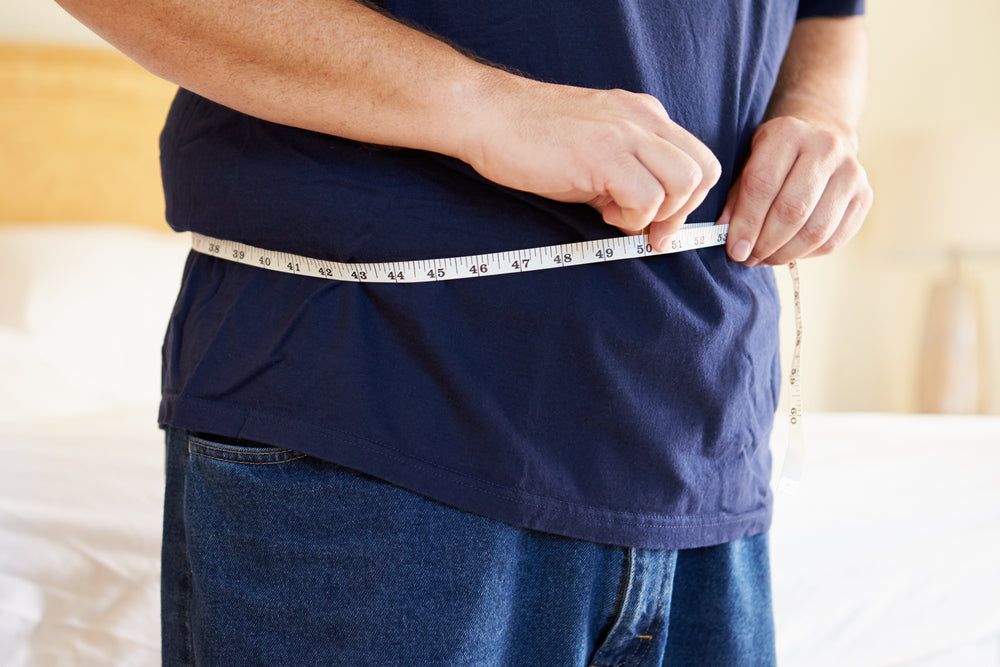Our ability to enjoy a full, uninterrupted night of sleep affects many aspects of our lives, from our energy levels to our ability to remember things. Adults need 7-9 hours of sleep a night, yet those who struggle with untreated sleep apnea often miss out on their needed rest. Not only will your sleep disorder cause you to be more fatigued, but it can lead to weight gain thanks to several factors.
Sleep Apnea Can Affect Your Metabolism
Untreated sleep apnea can cause you to wake up multiple times a night to restart your breathing. While you may not be consciously aware of the times you wake up, your body keeps track as it is pulled out of restorative sleep.
This continual cycle of awakening was recently shown to have a direct impact on your metabolic system, as demonstrated in a recent study published in The Journal Of Clinical Endocrinology & Metabolism. Some of the direct metabolic impact of untreated sleep apnea that the researchers found were:
- Free fatty acid levels in the blood were increased
- Insulin levels were higher, increasing insulin resistance
- Cortisol, the stress hormone, also had a greater presence
These factors are common contributors to weight gain. The study also had participants who had their sleep apnea treated with CPAP machines, who did not experience the symptoms of the untreated participants, making it clear that sleep apnea treatment is key in maintaining a healthy metabolism.
Exhaustion Due To Sleep Apnea Can Lead To Overeating
The exhaustion caused by untreated sleep apnea can be a two-fold problem. First, the daytime fatigue which often accompanies those with untreated sleep apnea often leads the sufferer to rely on stimulants and snacking to help stay awake and boost lagging energy levels. However, there is also a hormonal component which leads to overeating when you don’t have enough restful sleep.
When sleep is lacking, the hunger hormone ghrelin is released. This hormone usually helps us to remember when our bodies need fuel; however, when you lack the right amount of sleep, your body will produce more ghrelin than normal so that you can eat for more energy. Also, the hormone which helps our brains know that it is time to stop eating, called leptin, is suppressed in favor of higher ghrelin production. These two hormonal factors combined easily lead to overeating and weight gain.
Ways Those With Sleep Apnea Can Lose Weight
Obesity is a significant factor when it comes to sleep apnea, and when you consider the factors above, it is clear that untreated sleep apnea can lead to even more weight gain. To help you manage your weight when you have sleep apnea, you can do several things:
- Use the right Auto CPAP machines to assist with unobstructed sleep.
- Start regularly exercising, doing low-impact activities such as hydrotherapy and walking.
- Concentrate on your nutritional intake, eating fewer processed foods and focusing on whole foods.

